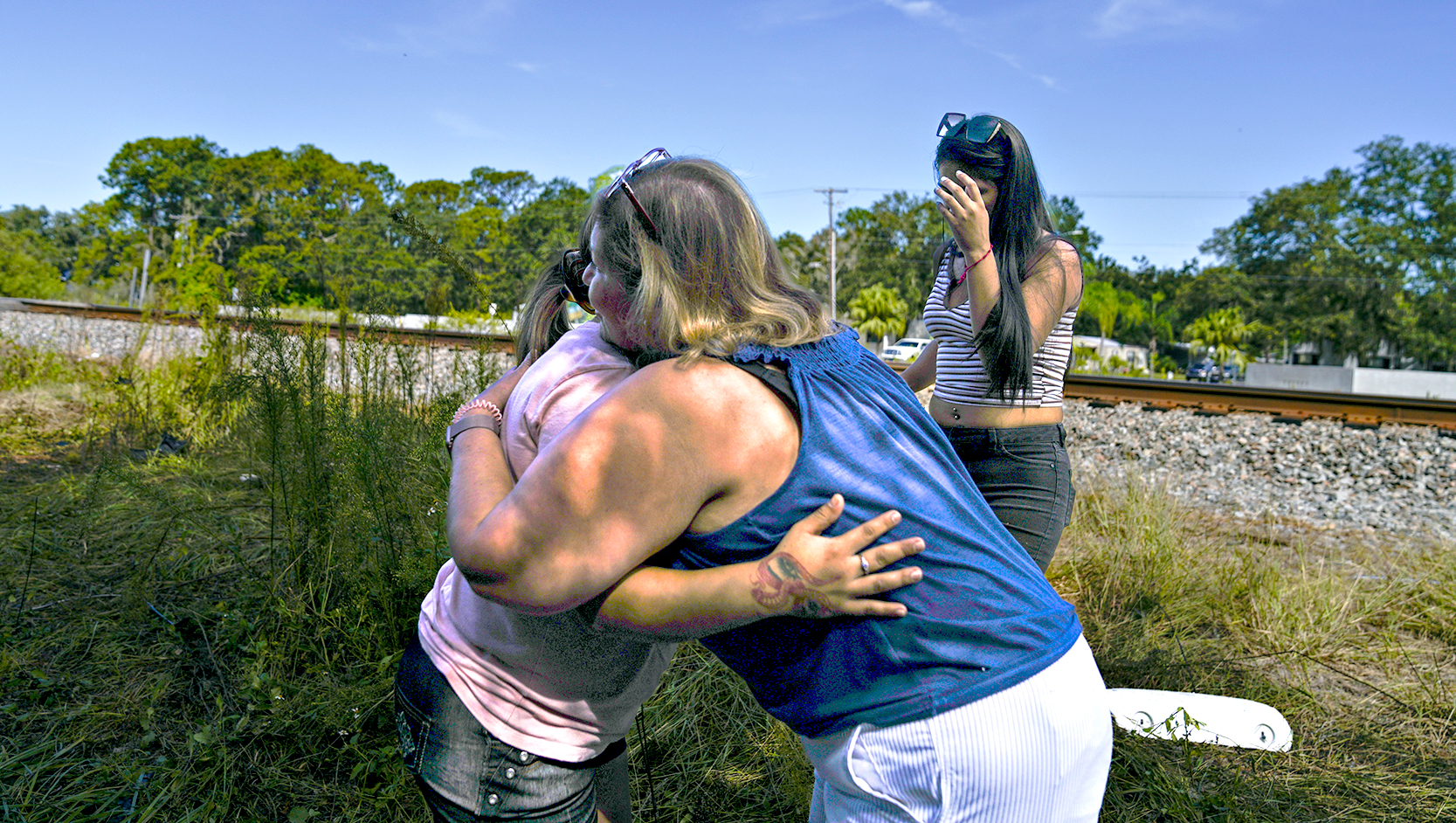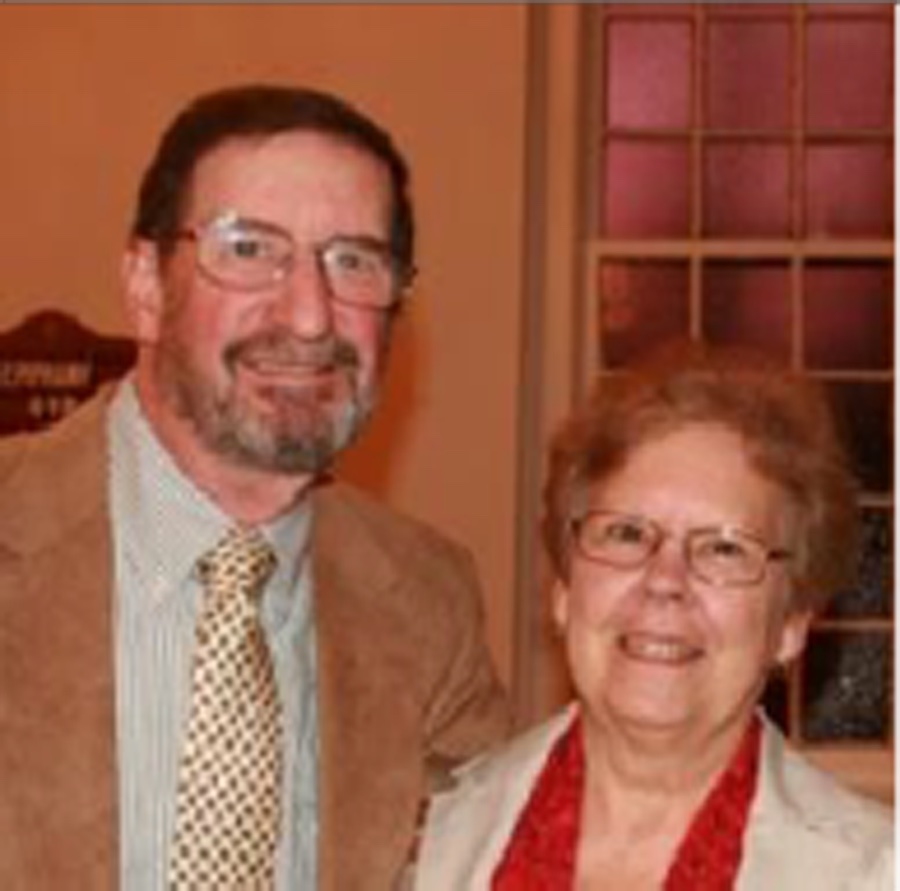Klausner shuts down sawmill
Published 4:00 pm Monday, March 23, 2020

- The Klausner Lumber One sawmill in western Suwannee County has been shutdown by the company, according to county officials.
LIVE OAK, Fla. — The Klausner Lumber One sawmill has ceased production.
County Administrator Randy Harris confirmed that the sawmill shut down the beginning of last week and it is believed to be a permanent shutdown.
“I just know that they are shut down,” Harris said, adding he didn’t have details on the shutdown.
A class action lawsuit was filed Saturday in the United States District Court for the Middle District of Florida in Jacksonville on behalf of employees at the Klausner mill in Live Oak as well as those at the Klausner Lumber Two mill in Halifax County, N.C.
The lawsuit, which is filed against Klausner Lumber One, Klausner Lumber Two, Klausner Holding USA as well as Leopold Stephan (chief executive officer of Klasuner Holding and Klausner Lumber One) and Christoph Schaetz (chief financial officer of Klausner Holding and Klausner Lumber One), alleges that the company failed to provide employees proper advance notice of their termination and also didn’t pay them fully.
According to the lawsuit, Klausner evacuated its foreign management team to Austria — where it is based — prior to March 16 when it permanently shut down operations at the two sawmills. When employees were then told of the shut down, the lawsuit claims there were told they would receive their complete wages for the previous two weeks on March 20 (the next payday) as well as the full week of March 16.
However, the lawsuit claims employees were not paid at all on March 20 or since.
The lawsuit also alleges the company was required by the WARN Act to provide 60 days advance notice of their termination.
The sawmill located in the county’s catalyst site in western Suwannee County opened in the fourth quarter of 2014.
Since that time, though, the sawmill has had temporary shutdowns and layoffs before resuming work. Klausner was one of the county’s top employers, employing 250 workers according to previous numbers from the county’s economic development office. The mill, though, was expected to employ 350 workers working around the clock in four shifts.
“There have been so many occasions where they had been shut down for extended periods of time and then they’d open back up,” Harris said. “So I’m not at all surprised at this.”
Klausner was the first — and largest — tenant in the county’s catalyst site.
After talks between the company and county officials for two years, a deal to bring Klausner to Suwannee County was officially announced in January 2013. The county then deeded the 155-acre property to the Austrian-based company — Klausner Trading USA is headquartered in Myrtle Beach, S.C., and also operates a sawmill in Halifax County, N.C. — for $1 in August 2013. The county purchased the land for close to $1 million.
Construction on the sawmill began in March 2014.
But in recent months with little happening at the sawmill, Harris advised the Board of County Commissioners to pay for a rail crossing at the catalyst site with county funds rather than utilize Community Development Block Grant funding that was tied to job growth.
“If the company isn’t going to produce the jobs, then we don’t need to go through the exercise,” Harris said in the Feb. 4 meeting.
Board Chairman Len Stapleton called the situation “frustrating and disappointing” during that meeting.
“I’m not interested in spending one more dollar of Suwannee County’s taxpayers’ money for anything they are doing because they’re not willing to come to the table and talk to us about their plans moving forward,” Stapleton said. “They have let us go out on this branch by ourselves.”
Those plans moving forward apparently didn’t involve continuing production in Suwannee County.
Despite the history of temporary shutdown’s of the plant, Harris and other Suwannee County officials are optimistic about the sawmill’s future.
“I do however believe the plant has value if another company wants to come in and operate it,” Harris said. “So going forward, I am hopeful and optimistic that may occur.”
Added Jimmy Norris, the county’s economic development director: “We’re working hard on rectifying that situation. We’re doing our best, I can tell you that.”
LIVE OAK, Fla. — The Klausner Lumber One sawmill has ceased production.
County Administrator Randy Harris confirmed that the sawmill shut down at the beginning of this week and it is believed to be a permanent shutdown.
“I just know that they are shut down,” Harris said, adding he didn’t have details on the shutdown.
Klausner representatives have not returned phone calls for comment.
The sawmill located in the county’s catalyst site in western Suwannee County opened in the fourth quarter of 2014.
Since that time, though, the sawmill has had temporary shutdowns and layoffs before resuming work. Klausner was one of the county’s top employers, employing 250 workers according to previous numbers from the county’s economic development office. The mill, though, was expected to employ 350 workers working around the clock in four shifts.
“There have been so many occasions where they had been shut down for extended periods of time and then they’d open back up,” Harris said. “So I’m not at all surprised at this.”
Klausner was the first — and largest — tenant in the county’s catalyst site.
After talks between the company and county officials for two years, a deal to bring Klausner to Suwannee County was officially announced in January 2013. The county then deeded the 155-acre property to the Austrian-based company — Klausner Trading USA is headquartered in Myrtle Beach, S.C., and also operates a sawmill in Halifax County, N.C. — for $1 in August 2013. The county purchased the land for close to $1 million.
Construction on the sawmill began in March 2014.
But in recent months with little happening at the sawmill, Harris advised the Board of County Commissioners to pay for a rail crossing at the catalyst site with county funds rather than utilize Community Development Block Grant funding that was tied to job growth.
“If the company isn’t going to produce the jobs, then we don’t need to go through the exercise,” Harris said in the Feb. 4 meeting.
Board Chairman Len Stapleton called the situation “frustrating and disappointing” during that meeting.
“I’m not interested in spending one more dollar of Suwannee County’s taxpayers’ money for anything they are doing because they’re not willing to come to the table and talk to us about their plans moving forward,” Stapleton said. “They have let us go out on this branch by ourselves.”
Those plans moving forward apparently didn’t involve continuing production in Suwannee County.
Despite the history of temporary shutdown’s of the plant, Harris and other Suwannee County officials are optimistic about the sawmill’s future.
“I do however believe the plant has value if another company wants to come in and operate it,” Harris said. “So going forward, I am hopeful and optimistic that may occur.”
Added Jimmy Norris, the county’s economic development director: “We’re working hard on rectifying that situation. We’re doing our best, I can tell you that.”





